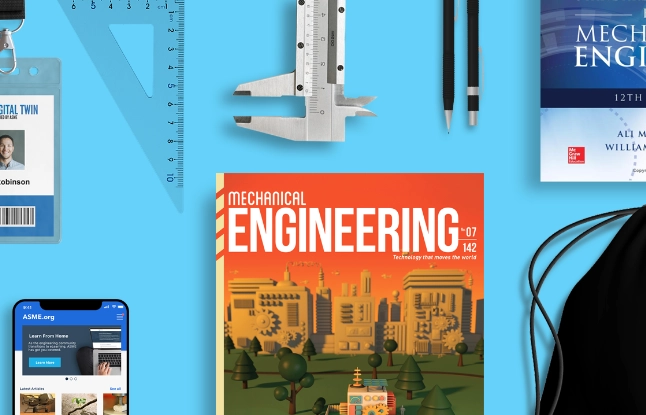Journals
More than 2,000 published papers in ASME Journals each year.
ASME Journals provide essential resources for engineers looking to keep abreast of the latest research, current theory, practice, and application.
More About Journals
High-quality research papers from thought-leaders in all areas of specialization within mechanical engineering are made available through ASME Journals.

Becoming an ASME Member
Joining ASME is the most important connection a current or future Mechanical Engineer can make.

Save up to 50% on courses, books, journals, conferences, and more
Student or professional memberships available